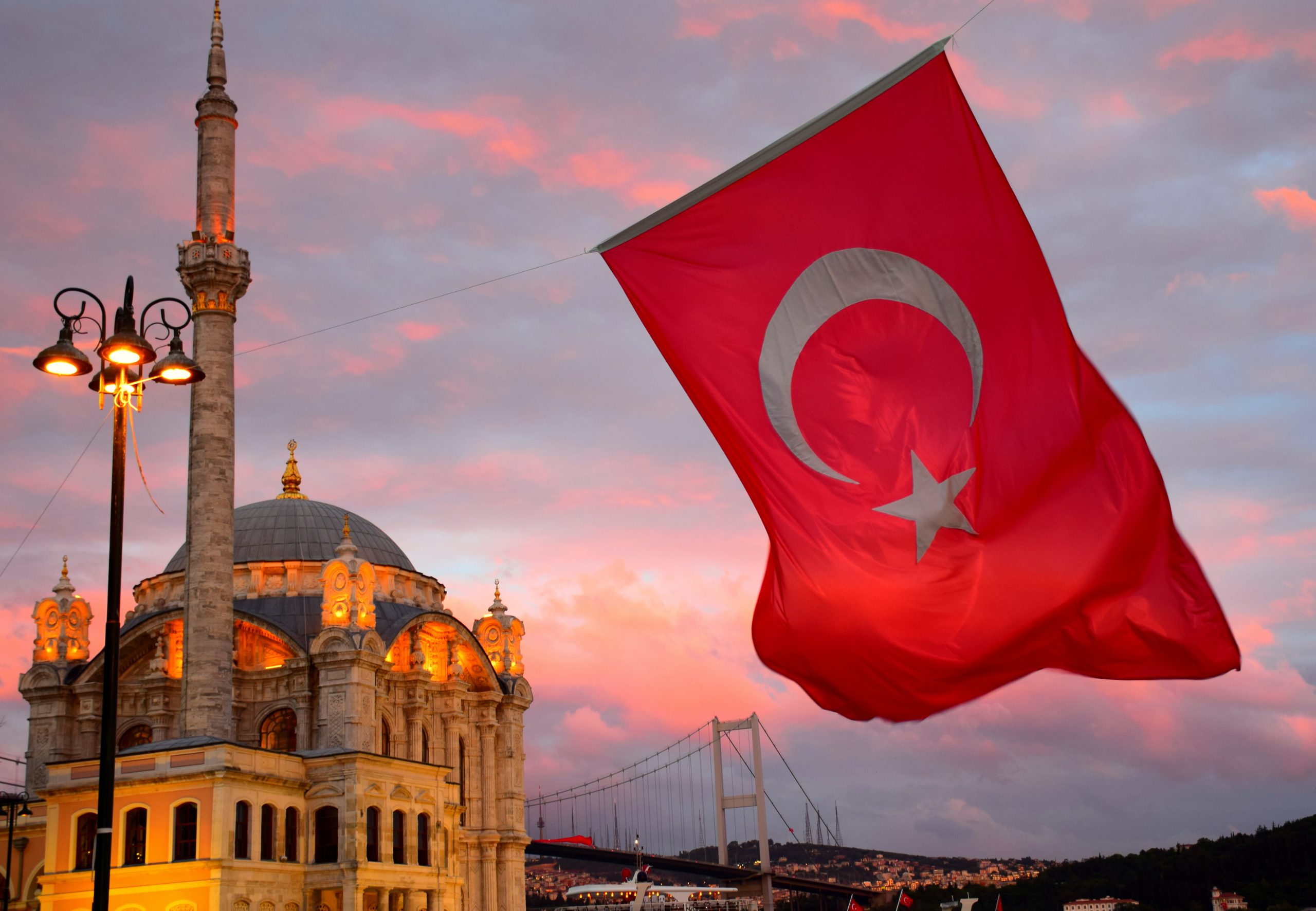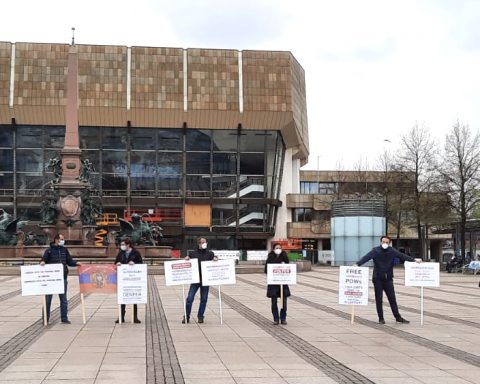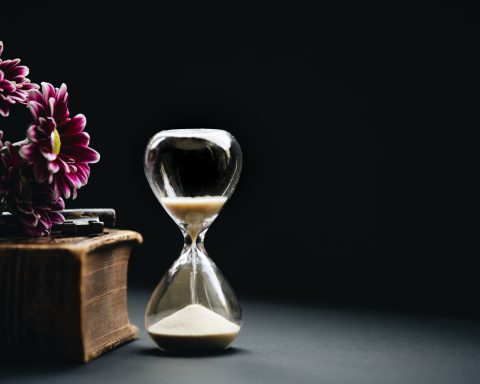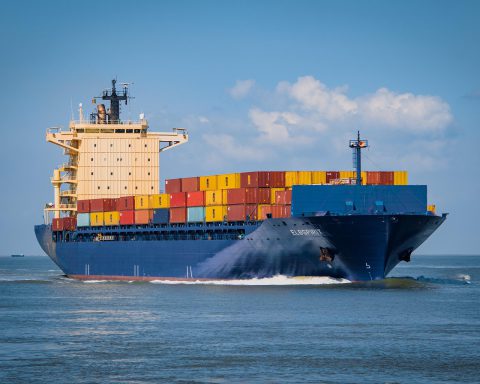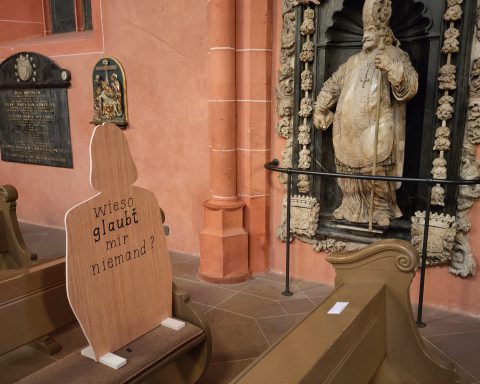The recent coup attempt in Turkey brings the specter of a dangerous threat to democracy back to the global discussion: The military managing a transition of government by force. Even if the military is overthrowing what one could consider as a “bad” government, it has the problem that generals like to stay in power once the coup succeeds, and they are pretty bad administrators (although they think otherwise). Coups are not a new phenomenon in Turkey, and other countries, such as Egypt and Venezuela, have shared similar experiences. It is interesting to look at their similarities.
From Pharaohs to Generals
Egypt rejected a United Nations Security Council resolution condemning the coup in Turkey against a democratically elected government. The likely reason for this move is that President/General/Neo-Pharaoh Abdel al-Sisi did not want to look like a hypocrite since he came to power after a coup in 2013, displacing the one-year old democratically elected government of Mohammed Morsi. This coup saw the end of the only democratically elected government in Egypt’s 6000+ year history. Moreover, Sisi’s coup marks the return of military government, which dominated the country since another coup in 1952 overthrew the Egyptian monarchy.
In fact, the previous military ruler, Hosni Mubarak (who ruled for 27 years, longer than any Pharaoh…) came to power after the previous president was shot dead. Hence, he came to power in coup-like fashion (the official story is that he was killed by an Islamist, but many generals were unhappy with his decision to sign a peace treaty with Israel).
Coups in a troubled Caribbean democracy
In the 70s and 80s Venezuela was referred to as a model democracy because it managed to quell leftist rebellions in the 60s (unlike its neighbor Colombia) and because of having had several transfers of power between rival parties after democratic elections. However, this description hides the fact that democracy came to this country after a military coup in 1958 that overthrew the country’s dictator, General Marcos Perez.
The armed forces did not hand over power to civilians out of principle, but because civilian politicians opposing the dictatorship agreed to a deal with the generals: a democratic civilian government where the military would still have a privileged position. With the coming of the 70s’ oil boom, the marriage between civilians and the military was a happy one.
However, oil booms come and go. By the end of the 80s the country had gone into severe economic crisis because of the lack of oil money. The result was a military coup led by Lieutenant Colonel Hugo Chavez in 1992. It failed because his forces could not defeat the guard of the presidential palace (other units of the coup conspirators secured the major Venezuelan military base and oil fields).
However, when Chavez was elected president in 1998, he was not amused at being the target of a coup three years later in 2002 (the irony!). The coup failed for the same reason that it did in 1992; the coup conspirators could not get a hold of the president (he was taken to a military base in an island off the coast of Venezuela). The threats of coups persist in today’s Venezuela, with the economy being the worst in the world (-8% GDP contraction and 480% inflation expected for this year). However, President Maduro (the handpicked successor of Chavez) tried to stay one step ahead of the military and he gave them power, a lot of it.
Turkish coup-fee
Turkey has experienced four coups as a republic, not counting last Friday’s attempt. The military has always been a powerful establishment in the country’s politics. Turkey has the second largest NATO army; they are well trained and equipped.
The Turkish military has justified some of its coups as the restoration of secular order from an Islamist government, as a mandate from the founder of the republic, Ataturk. This time around this name has not been thrown around much, but the name of Fethullah Güllen has. He is an Islamic preacher, and one-time ally of Sultan President Erdogan, currently his nemesis and main political opponent.
The fact that the coup did not have broad support of the military, and that it was carried out in a comically incompetent fashion, suggest that it was a faction of Güllenist officers making a desperate attempt to seize power before Erdogan had replaced them for loyalist (as he had been doing with the top brass) and thrown them into prison (as he did with the old brass). Thus, these officers thought that they were going to prison anyway, so why not go out with a bang!
The aftermath of the coup is, of course, an emboldened Erdogan. Over six thousand military officers, police officers, and judges have been arrested. Erdogan is using the coup as an excuse to accelerate the process of cleansing the military and other state institutions of non-believers and replacing them with his yes-men. He is also likely to push for more constitutional powers for his presidency, and will probably get them.
He escaped this attempt against his role (in great part because the coup conspirators made a bad attempt at trying to get a hold of Erdogan himself) and will make sure that it does not happen again. But it shows that trying to rule like a sultan creates instability in a diverse and complex country like Turkey. (Note: There are conspiracy theories going around that this was a self-inflicted coup, but without strong evidence those claims remain unfounded).
The similarities
There are two lessons from these cases.
The first and most obvious one: A coup succeeds only if it gets a hold of the president, the head of the executive power. At least, this is the case in developing countries where the executive has a disproportionally high quota of power.
The second one is that powerful militaries create powerful problems for democratic governments in times of economic and political crises. In developing countries, the military establishment views itself as having a mandate to set the country in the “right” course not because of their armed power, but because it is often the only (sort of) professionalized institution. Civil service institutions in these countries usually do not depend on a system of training and professionalization, but the armed forces do. Hence, they see themselves as the capable ones, and in doing so, they pose a great threat to democracy.
However, further concentrating power into the office of the presidency is not the solution.

